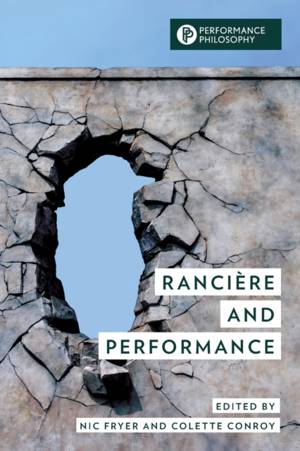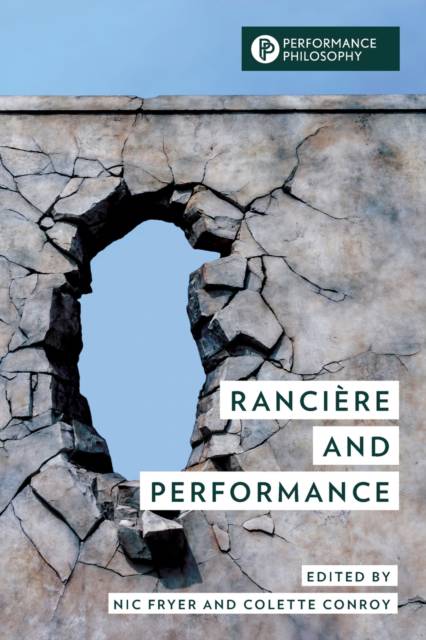
- Retrait gratuit dans votre magasin Club
- 7.000.000 titres dans notre catalogue
- Payer en toute sécurité
- Toujours un magasin près de chez vous
- Retrait gratuit dans votre magasin Club
- 7.000.0000 titres dans notre catalogue
- Payer en toute sécurité
- Toujours un magasin près de chez vous
Description
This is the first collection on Rancière, a key thinker of political philosophy and aesthetics, which deals explicitly with the implications of his thought on theatre and performance studies.
Spécifications
Parties prenantes
- Editeur:
Contenu
- Nombre de pages :
- 254
- Langue:
- Anglais
- Collection :
Caractéristiques
- EAN:
- 9781538148419
- Date de parution :
- 24-01-23
- Format:
- Livre broché
- Format numérique:
- Trade paperback (VS)
- Dimensions :
- 152 mm x 229 mm
- Poids :
- 381 g

Les avis
Nous publions uniquement les avis qui respectent les conditions requises. Consultez nos conditions pour les avis.





